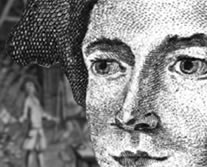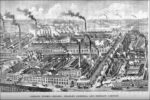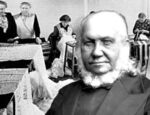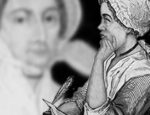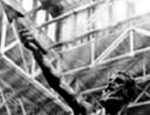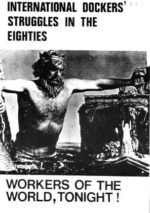Description
 Follow the social rise of Stephen Duck (1705?–1756), the agricultural labourer whose poetry brought him the patronage of the British Queen, Caroline. Born into poverty in Wiltshire, he began work at fourteen. At nineteen he began a project of self-improvement, immersing himself in Milton, Dryden, and The Spectator. He was helped by the Oxford Professor of Poetry, Joseph Spence, who wrote that ‘Considering the difficulties … the inclination for Knowledge must have been very strong in him’.
Follow the social rise of Stephen Duck (1705?–1756), the agricultural labourer whose poetry brought him the patronage of the British Queen, Caroline. Born into poverty in Wiltshire, he began work at fourteen. At nineteen he began a project of self-improvement, immersing himself in Milton, Dryden, and The Spectator. He was helped by the Oxford Professor of Poetry, Joseph Spence, who wrote that ‘Considering the difficulties … the inclination for Knowledge must have been very strong in him’.
His most famous poem, The Thresher’s Labour, dates from 1729-1730, and shows the extent to which he was immersed in conventional Augustan literary culture: his thresher sings as he works,
Now in the Air our knotty Weapons fly,
And now with equal Force descend from high;
Down one, one up, so well they keep the Time,
The CYCLOPS’ Hammers could not truer chime;
Nor with more heavy Strokes could Aetna groan,
When VULCAN forg’d the Arms for THETIS’ Son.
In briny Streams our Sweat descends apace,
Drops from our Locks, or trickles down our Face.
No Intermission in our Work we know;
The noisy Threshal must for ever go.
When in 1730 Duck’s poems were recited by the Earl of Macclesfield at Windsor Castle, Queen Caroline immediately adopted him. Duck was given a house in Richmond and a comfortable salary. He became a celebrity amongst London’s fashionable literati and employed at court, but now had leisure sufficient to become an accomplished Latin scholar. His preferred model was Horace, the poet from a humble background who was patronised by the most wealthy man in Rome.
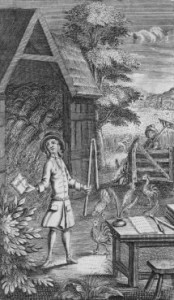 After Caroline’s death, Duck trained as a clergyman, but died in 1756. It was rumoured that he had committed suicide by drowning, his tendency to depression having been exacerbated by his social dislocation. He had certainly been made to carry, symbolically, the full weight of the 18th-century class system—he was never admired simply as a poet, but as a prodigy who had bridged the extremes of the class divide, a peasant who had become well versed in elite and classical culture. Jonathan Swift wrote snidely, ‘Thrice happy Dick! Employed in threshing stubble! / Thy toil is lessened! And thy profits double!’ The epistle which prefaces to his 1730 collection of poems asks the reader to ‘Think on th’ illiterate soul that guides the pen;/ Ill suit such tasks with one that holds the plow; / Such lofty subjects with a fate so low.’
After Caroline’s death, Duck trained as a clergyman, but died in 1756. It was rumoured that he had committed suicide by drowning, his tendency to depression having been exacerbated by his social dislocation. He had certainly been made to carry, symbolically, the full weight of the 18th-century class system—he was never admired simply as a poet, but as a prodigy who had bridged the extremes of the class divide, a peasant who had become well versed in elite and classical culture. Jonathan Swift wrote snidely, ‘Thrice happy Dick! Employed in threshing stubble! / Thy toil is lessened! And thy profits double!’ The epistle which prefaces to his 1730 collection of poems asks the reader to ‘Think on th’ illiterate soul that guides the pen;/ Ill suit such tasks with one that holds the plow; / Such lofty subjects with a fate so low.’
The copperplate engraving prefixed to several editions of his poems consciously emphasises the disjuncture between Duck’s environment and his poetic vocation. He stands before a barn, with a threshing flail in one hand and a book labelled ‘Milton’ in the other, oblivious to the two other rustics in the background, approaching his writing desk.

